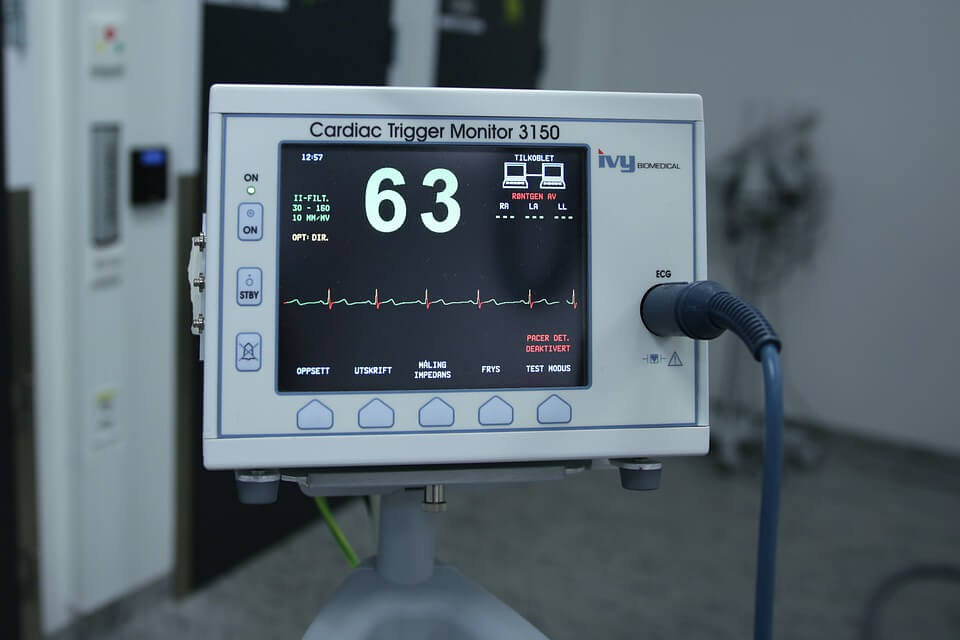POSTPRANDIAL SOMNOLENCE: PEOPLE WHO EAT HEAVY MEALS PRONE TO FOOD COMA –Nutritionist
A nutritionist, Dr. James Oloyede has cautioned against the consumption of large portions of foods, noting that people who take heavy meals may be prone to postprandial somnolence also called food coma, Punch Newspaper reports.
According to the nutritionist, people who consume heavy meals are most likely to fall asleep after their meal due to the subsequent feeling of fatigue, and sleepiness induced by the large quantities of blood diverted from the brain to the gastrointestinal tract to facilitate digestion.
He explained that the diversion of blood to the gastrointestinal tract usually causes a decrease in energy levels which may cause food coma.
Food coma or postprandial somnolence, as it is known medically, is a medical condition that describes a sense of fatigue, sleepiness, or decreased energy levels that can occur shortly after eating a meal.
This medical condition is not connected only to the type and size of meal consumed but also the time of the day the meal is taken and also the circulation of the blood.
Speaking with PUNCH HealthWise, Oloyede, who is a former director of Nutrition Services posited that the amount of meal one may have for lunch can cause one to feel sleepy and tired.
“It is not unusual to feel sleepy or tired after a heavy meal. This is not unconnected with a decrease in energy levels after eating, often referred to as a food coma accompanied by a sense of fatigue, sleepiness.”
“Those who eat larger lunches may experience more of an afternoon slump than those who eat less at midday,” he said.
Continuing, he explained that eating causes the blood sugar to rise, and a dip in energy may follow. “This is induced by large quantities of blood diverted from the brain to the gastrointestinal tract to facilitate digestion and the shuttling of absorbed nutrients to target cells and tissues after a heavy meal.”
“In addition, the digestion process puts the body into a state of rest and digest parasympathetic state as opposed to the ‘fight or flight sympathetic nervous system state’.”
Oloyede explained that when an individual consumes a high-fat meal, it stimulates the release of a hormone called cholecystokinin (CCK) which is secreted by cells of the first portion of the small intestine that promote sleepiness.
The feeling of sleepiness it causes in an individual consuming this diet may differ depending on the extent to which the hormone is released after eating a high-fat meal.

